12 GPTs for Emotional Processing Powered by AI for Free of 2026
AI GPTs for Emotional Processing refer to a subset of Generative Pre-trained Transformers that are uniquely tailored for handling tasks related to emotions and psychological states. These tools leverage advanced natural language processing to interpret, analyze, and respond to emotional cues in text. Their relevance lies in providing empathetic and contextually aware interactions, making them ideal for applications in mental health, customer service, and personalized communication.
Top 10 GPTs for Emotional Processing are: Journal,Dream Interpretation,Reflective Journal,Personal Diary by Mojju,Dream Meanings and Metaphors,Reflective Journaler,Daytime Interviewer,Hoffman Process Questions,Reflective Supervision Companion,Social Worker Warmline
Journal
AI-powered journaling for self-reflection and growth

Dream Interpretation
Unlock your dreams, discover your psyche
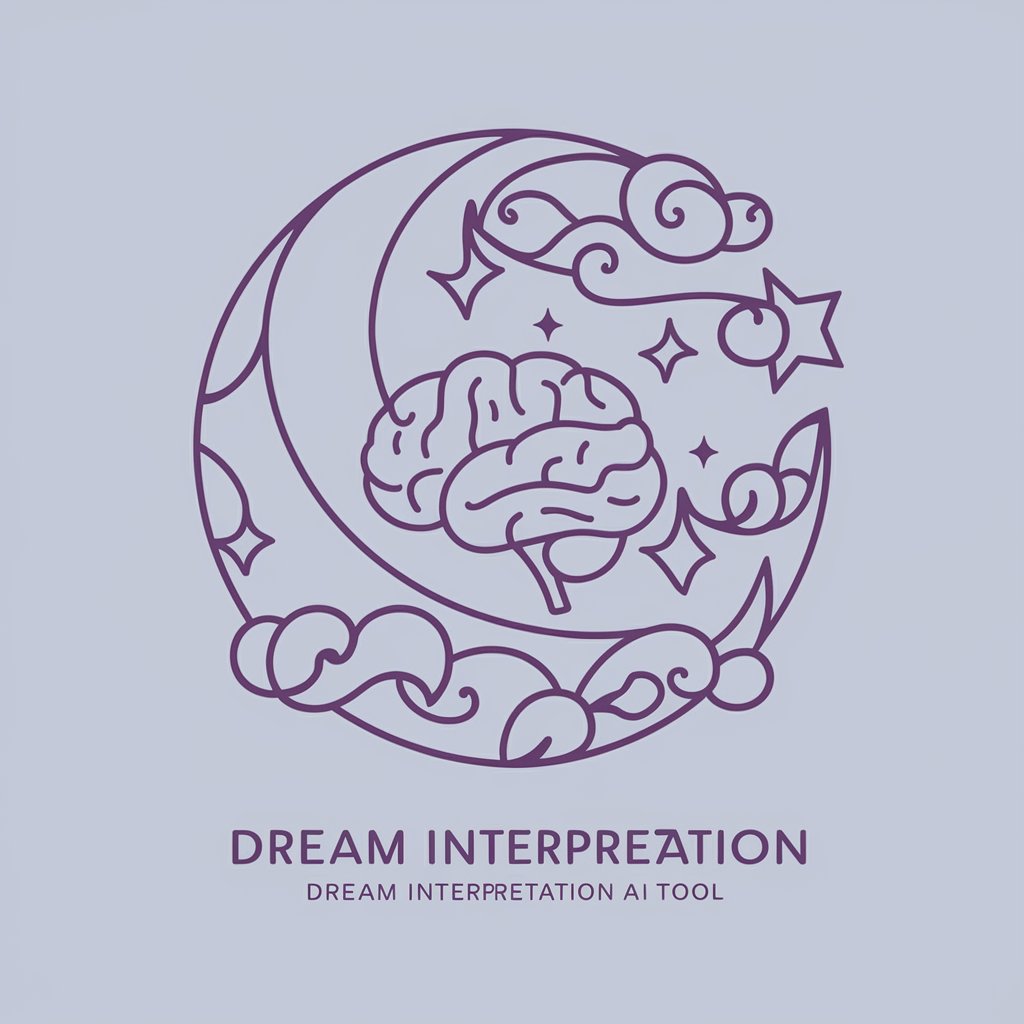
Reflective Journal
Illuminating Your Inner World with AI

Personal Diary by Mojju
Empower Your Personal Journey with AI

Dream Meanings and Metaphors
Unlock the Hidden Meanings of Your Dreams with AI
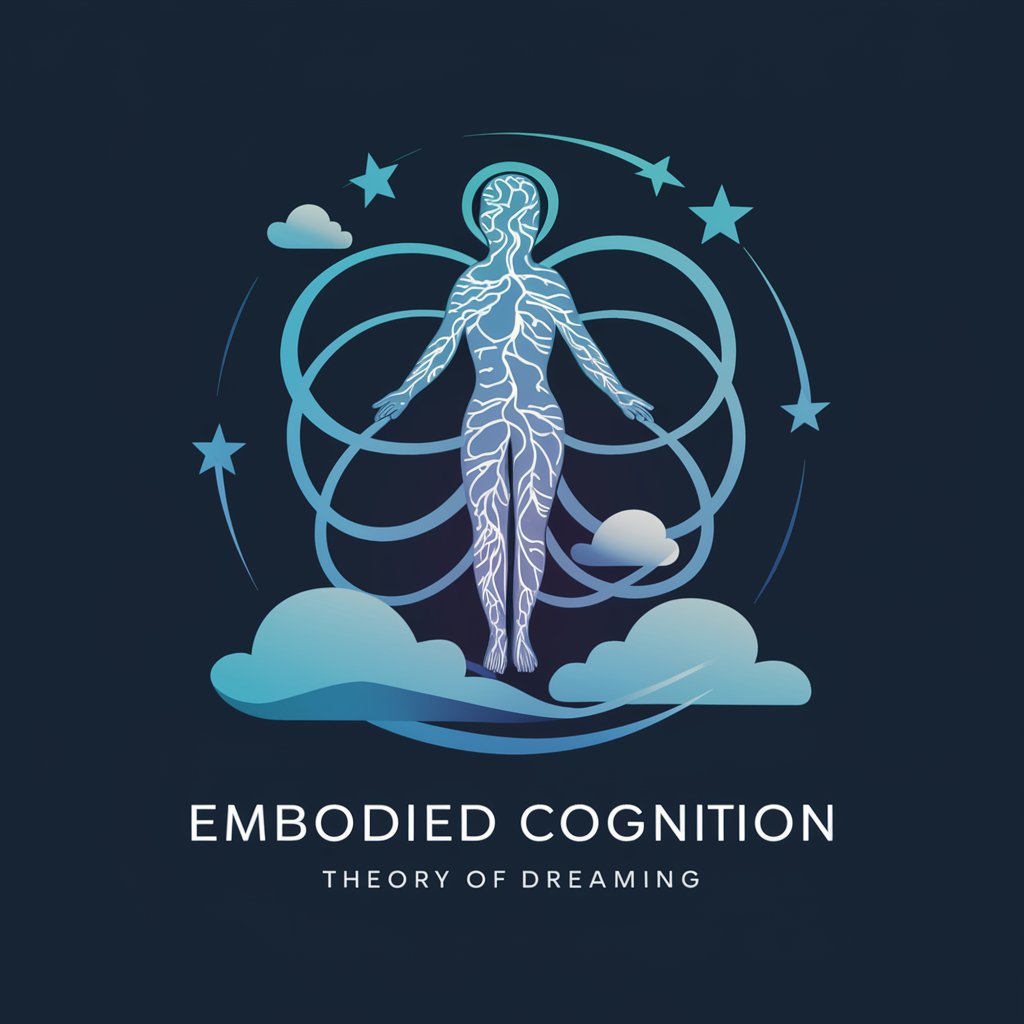
Reflective Journaler
Deepen therapy insights with AI journaling

Daytime Interviewer
Reflect, Grow, Achieve with AI

Hoffman Process Questions
Uncover Your True Self with AI-Powered Guidance
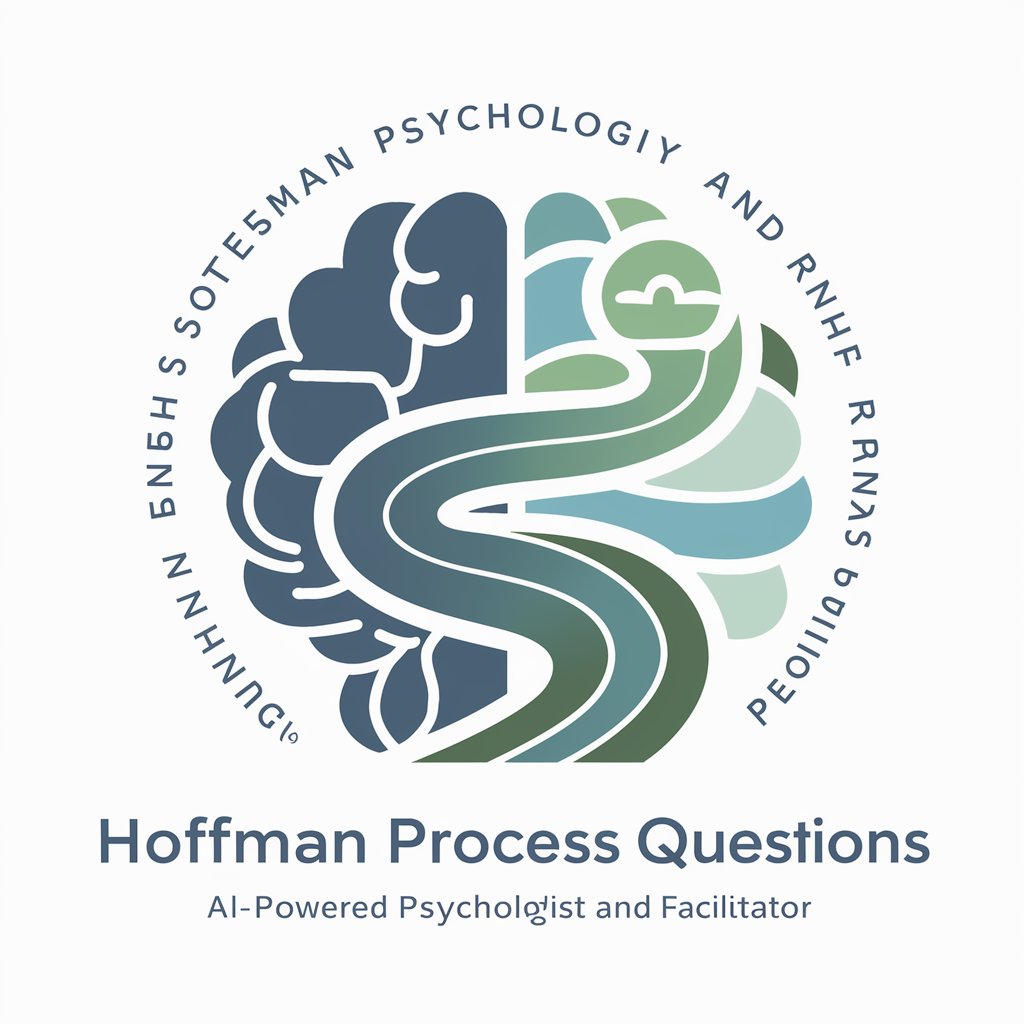
Reflective Supervision Companion
Empowering Social Workers with AI
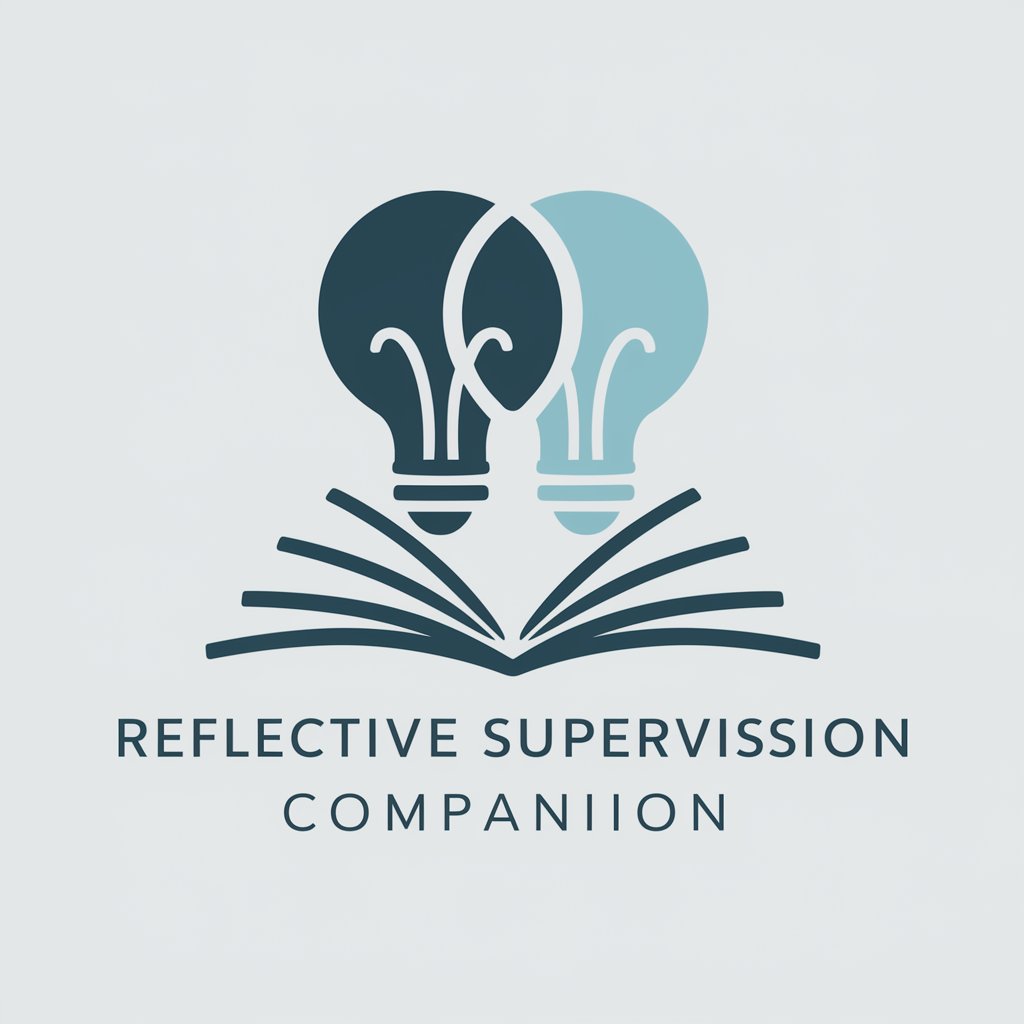
Social Worker Warmline
AI-powered support for social workers

Sunbeam Journal Buddy
Your empathetic AI journaling partner

Reflection Buddy
Reflect, Grow, and Discover with AI
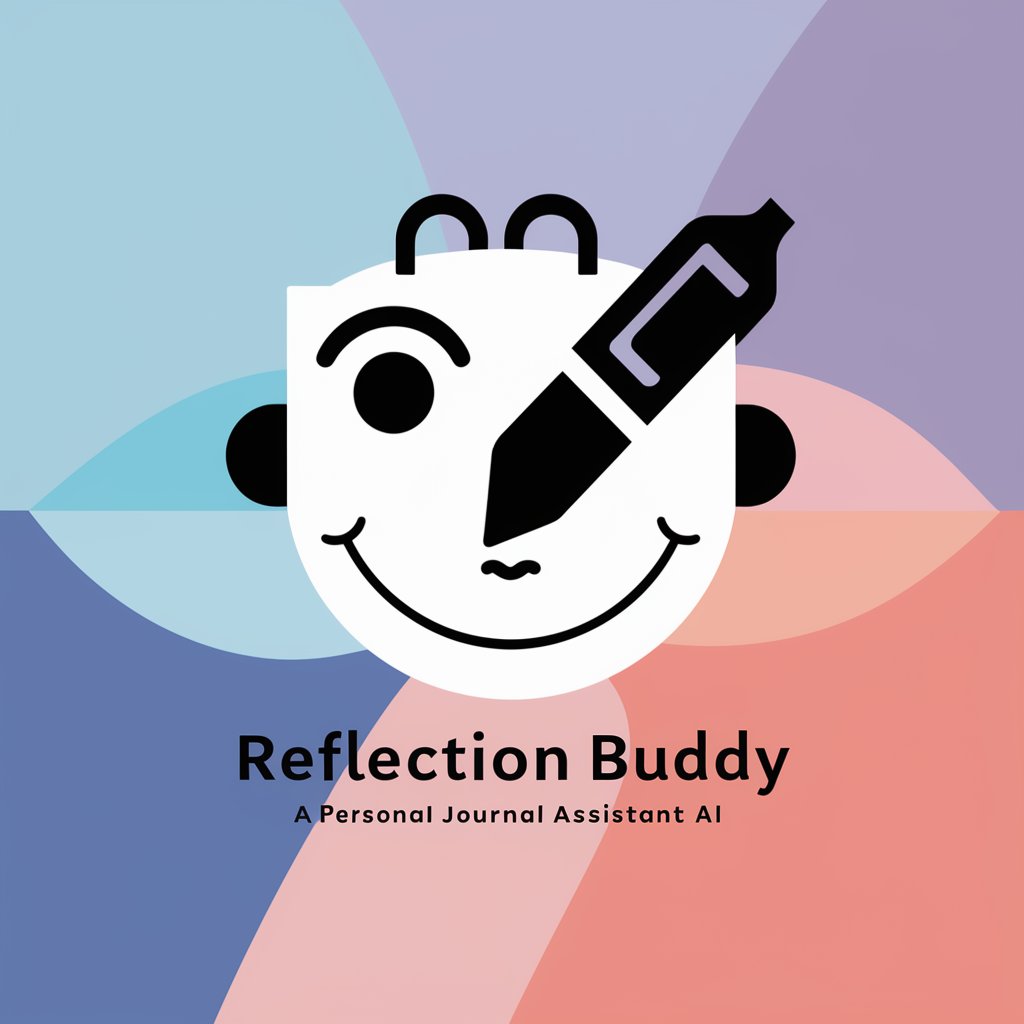
Distinctive Characteristics of Emotional Processing AI
These GPTs exhibit unique features such as high adaptability, allowing them to range from basic sentiment analysis to complex emotional intelligence tasks. They stand out for their ability to learn linguistic nuances, offer technical support, perform web searches, create empathetic responses, and analyze data with emotional context. This multifunctional nature positions them as versatile tools in the emotional intelligence landscape.
Intended Users of Emotionally Intelligent AI Tools
The primary beneficiaries of AI GPTs for Emotional Processing are diverse, including novices interested in understanding emotional AI, developers integrating these tools into applications, and professionals in fields like psychology and customer relations. These tools are designed for easy accessibility to non-programmers while also offering advanced customization for those with technical expertise.
Try Our other AI GPTs tools for Free
Self-Discovery
Discover the transformative power of AI GPT tools in self-discovery. Tailored for personal growth, these AI solutions offer deep insights and facilitate a journey of introspection and emotional growth.
Mental Well-being
Discover AI GPT tools tailored for Mental Well-being: innovative, empathetic AI solutions supporting mental health with personalized, confidential, and accessible support.
Interactive Coding Education
Discover AI GPTs for Interactive Coding Education: tailored, AI-powered tools enhancing your coding journey. Ideal for beginners to pros, they offer dynamic, personalized learning experiences.
Beginner-Friendly Programming
Discover beginner-friendly AI GPTs: your gateway to simplified programming. These tools offer intuitive learning, versatile features, and scalable solutions, designed for everyone from novices to seasoned professionals.
Gamified Learning Experience
Explore the transformative world of AI GPTs in Gamified Learning Experience. Discover tools that revolutionize educational approaches with engaging, personalized, and interactive content.
Real-Time Code Practice
Explore the world of coding with AI GPTs for Real-Time Code Practice – your interactive, adaptable partner in learning, developing, and optimizing code across various languages and levels.
Broader Perspectives on Emotional AI
GPTs in Emotional Processing offer customized solutions across various sectors, improving user engagement and empathy in interactions. They feature user-friendly interfaces and adaptability, allowing seamless integration into existing systems. Their evolving nature makes them a valuable asset in enhancing emotional understanding in digital communications.
Frequently Asked Questions
What exactly are AI GPTs for Emotional Processing?
They are specialized AI models designed to understand, interpret, and respond to emotional content in text, using advanced natural language processing.
How can these tools be applied in real-world scenarios?
Applications include mental health support, enhancing customer service experiences, and creating empathetic interactions in chatbots and virtual assistants.
Do I need programming skills to use these AI GPTs?
No, many of these tools are designed for easy use by those without programming backgrounds, though they also offer customization options for developers.
Can these AI tools understand complex emotions?
Yes, they are trained to recognize and interpret a wide range of emotional states and nuances in language.
Are these AI models customizable?
Absolutely. They offer various levels of customization, allowing them to be tailored to specific use cases and industries.
How do these tools ensure privacy and ethical use?
These AI GPTs are developed with a focus on ethical guidelines and user privacy, ensuring sensitive data is handled responsibly.
Can these tools integrate with existing systems?
Yes, they are designed to be compatible with various platforms and can be integrated into existing workflows and systems.
Do these GPTs require continuous internet connectivity?
While online connectivity enhances their capabilities through access to more data and updates, some functionalities can be available offline.